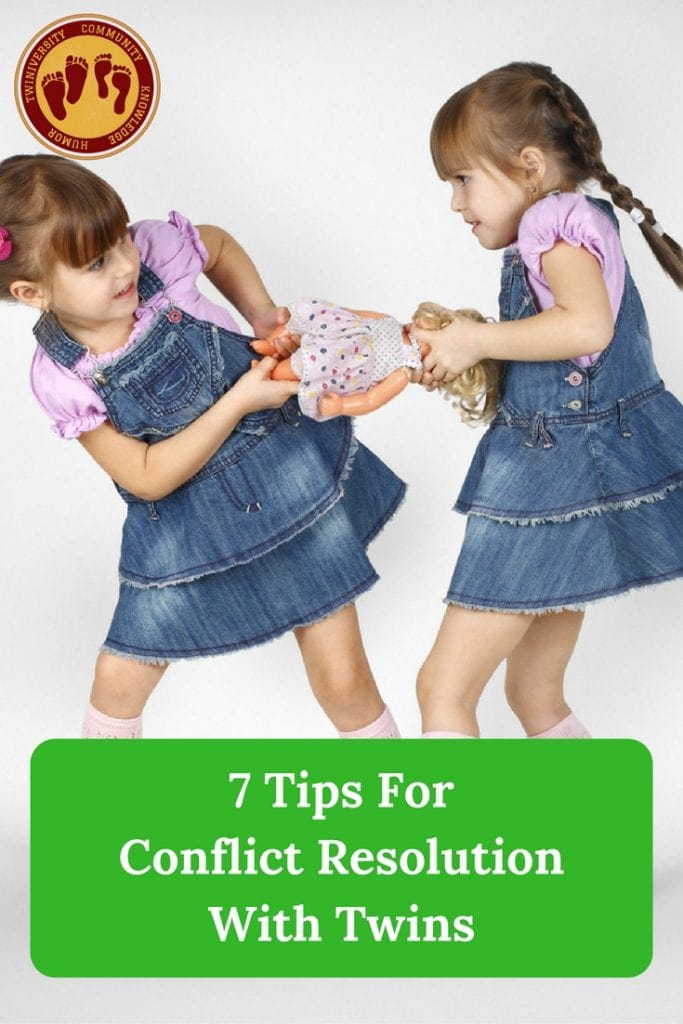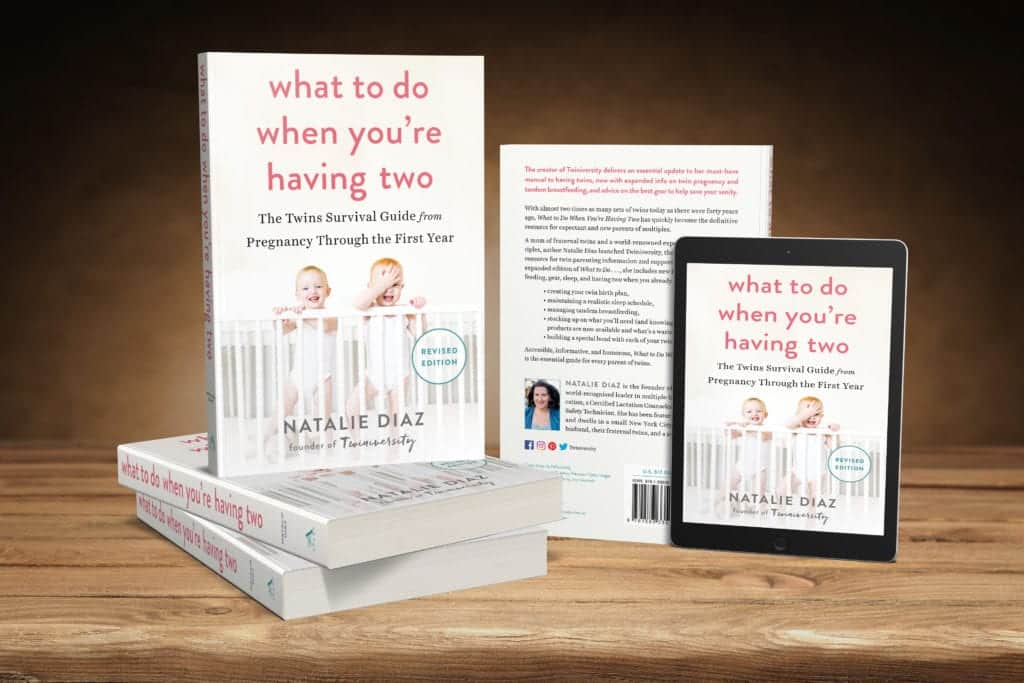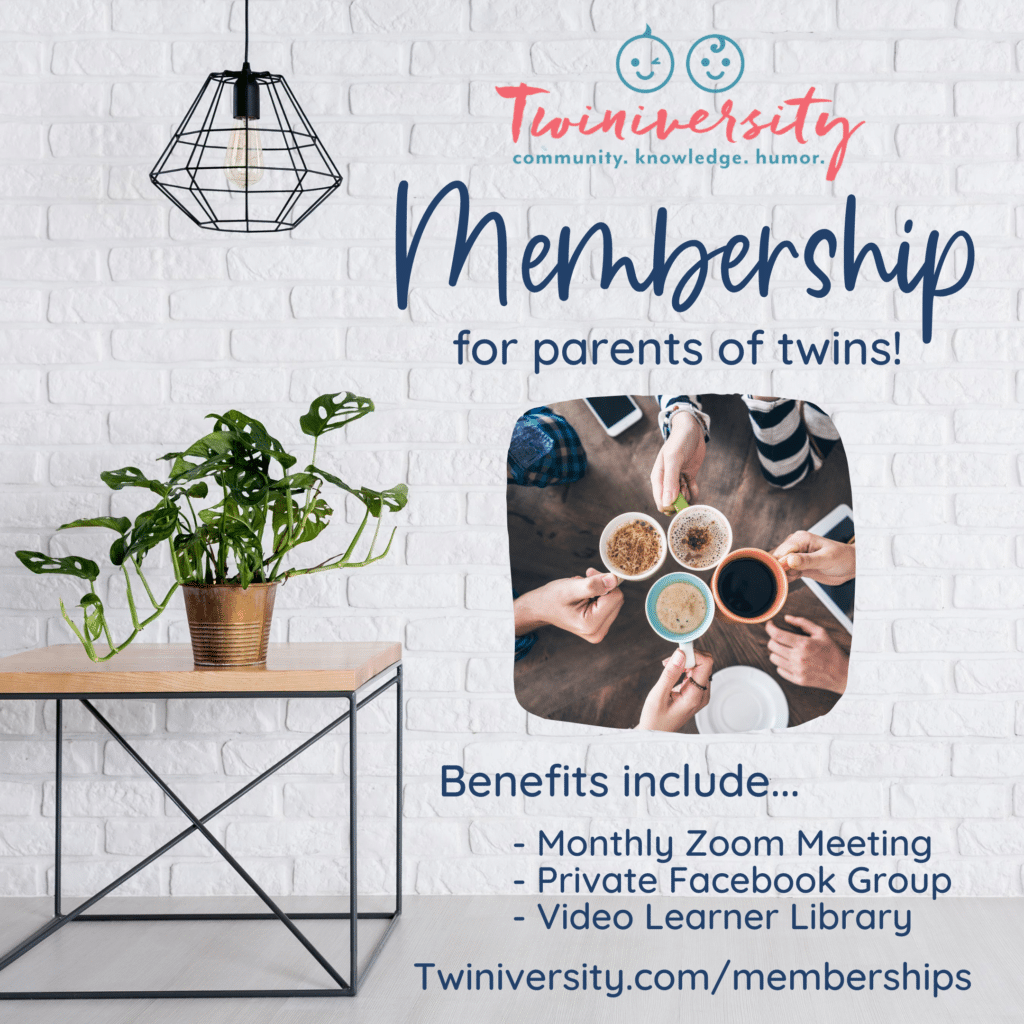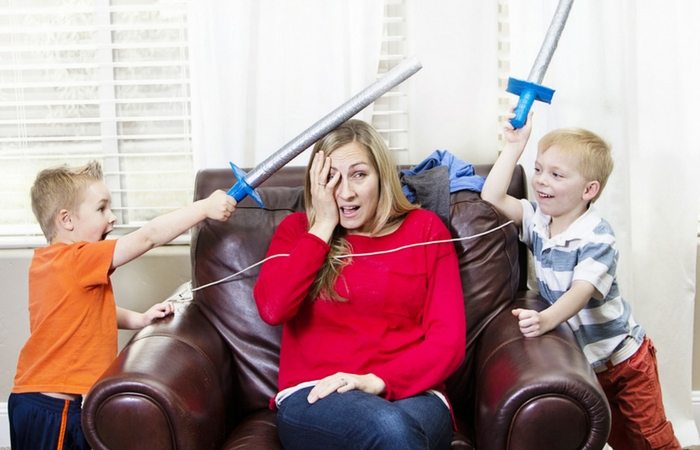Last updated on June 29th, 2024 at 02:14 pm
A few months ago I agreed to write this article. I thought I knew it all. I had worked so hard with my 3-year old boy/girl twins and was really starting to see some fruits of my labor. Then they turned 4 and became these crazy emotional creatures that would have meltdowns over not getting a cheese stick. However, during the calm, fun moments that come with 4, I see glimpses of my former training coming through. Hopefully, this is a phase and they will eventually come back to being reasonable human beings. So I will share some things I have implemented to help my preschool twins with conflict resolution.
1. Use Feeling Words
I have worked very hard with my twins on expressing their feelings and giving them the vocabulary to do so. That means when they whine I don’t respond until they can tell me in real words what is happening. Then I encourage them to talk it out with each other. Talking about what happened and telling the other how it made them feel. I had to mediate this a lot in the beginning or else it turned to violence and tears but as they began to learn the routine (as it were) I could sit back and watch as they worked things out themselves. I remember several times when my daughter or son would say to the other “We need to talk this out” and heart would just burst. Consistency is key, as with most parenting techniques, so have them do this with each problem and they will form a habit of healthy conflict resolution.
2. Taking It to Their Level
When you start to talk about conflict resolution with preschoolers, it can quickly become something that goes over their heads so it’s important to remember that they are just kids. On the flip side they are learning these very important life skills from you so it’s never too early to start. We really love the PBS show Daniel Tiger. It is a genius show where they take complicated emotional ideas and bring them down to the preschooler’s level with a short little song. I can’t count how many times I sing “When you feel so mad, that you want to roar, take a deep breath and count to four.” or “Saying I’m sorry is the first step, then how can I help.” They love to sing the songs and it really helps them understand how to react in situations.

3. Have Common Goals
We have implemented an “If you fight over it, it goes in timeout” rule. I was getting so tired of the fighting and crying and trying to figure out who had it first. This rule gives them common goals and shows them that fighting doesn’t get them their way. You would be surprised at how quickly they can come up with a plan to share or take turns with the threat of the item being removed. They know they have to work it out to keep playing with it and that puts them on the same side. It builds camaraderie and allows you to avoid being a constant referee. It’s important to sometimes let them work it out themselves. I am often surprised at the great solutions they come up with. If I’m constantly intervening they don’t learn to resolve conflicts themselves. Sometimes it’s loud and it takes awhile but when they come to you with the compromise they have made it is well worth it. Just make sure one is not bullying the other. I have 2 pretty strong kids so they tend to duke it out but if one is constantly winning over the other you may need to mediate a little more to keep it fair.
4. Staying Calm
This is a very important skill to learn. When my kids are in an emotional tailspin, they are unreasonable. Just like adults, they must learn to calm themselves down. When we are angry we enter the reactive section of our brains, the “flight or fight” section, and not much reasoning is going to take place. However, when we are calm, we are in the thinking section and can reason. Our goal as parents is to get them back in their thinking brain ASAP! There are several ways to do this but deep breathing is the one I use and feel it is very successful. Three or 4 deep breaths (like Daniel Tiger says) can really help to calm them down. If it’s a big one, try 10 deep breaths. Another successful method is giving your preschoolers some alone time. This gives them a chance to cool off before things get out of hand. Staying calm and self-control are two major keys to conflict resolution.
5. Expressing Emotions Appropriately
It is unfair to us as parents to tell our kids that they cannot be upset or angry. They cannot help how they are feeling. But we can have restrictions on how they express those emotions. There are appropriate and inappropriate ways to express feelings. If my kids get angry they know they are not allowed to be destructive or to hit. They can, however, push their hands together as hard as they can or go scream into a pillow. At this stage, these rules need reinforcing but hopefully as they age these methods will become second nature. Also when they feel upset, I don’t allow whining. They must be able to tell me in words what the problem is or I will not listen. This promotes less whining but also the skill of being able to express themselves when upset. When they get angry and start going on a rampage I say “What can you do if you are angry?” They usually respond (or I do with a gentle reminder of) “Scream in a pillow or put your hands together.” Another thing I have found useful with my son, especially is if he is getting into trouble, I’ll ask him to run a couple of laps around the yard to get some energy out. Sometimes they are just so full of energy they can’t help it. A little physical activity can help calm them down.

6. Motivation, Praise, and Rewards
Most 4-year olds thrive on praise. If they get it right, shower them with praise. I can see my little one’s faces light up when I say “You worked it out, you did a great job!”. Another thing I have found helpful for my twins is a reward chart. It is full of small chores, personal hygiene and most importantly character traits. They get check marks each time they do one of these things and when they fill up a line (of 10) they get a goodie. Usually the goodies are things I’ve gotten from the $1 store. They can earn check marks for being kind, being helpful, obeying the first time, brushing teeth, etc. You just put in the things you want to see from your children. When they can see the things they can earn up on the shelf it helps motivate them to fill in those check marks. If you like the behavior, give praise and you will most likely see it more often.
7. Practice What You Preach
As adults, it can be hard to resolve conflict and stay calm but if we are telling our kids to do it then we better be modeling it. The best way for them to learn is to watch how you handle situations and emotions. I am a notoriously angry driver and several times my kids have said to me “You need to calm down Mommy, and be nice.” Out of the mouths of babes, right? We can’t be perfect all the time so I use it as a learning experience and say “You are right, how do I calm down, or what’s the Daniel Tiger song?” and we sing it together.
As with anything these tips will only be effective if you are consistent in teaching and enforcing them. I know it’s tiring to be consistent but it will pay off them they get older.

Courtney Hill is a wife and mother of twins. She has her Master’s degree in Family and Consumer Sciences and taught high school FCS for 4 years before deciding to stay home. She grew up in a smaller Missouri town and learned to cook mostly from her mom, who learned from her grandmother. She is a Midwest girl through and through and her style of cooking is simple and country kitchen approved. She’ll take you back to the basics of cooking, where real ingredients and plenty of love are in every dish. So pour on some more gravy and keep it country kitchen approved! Read more articles by Courtney on Twiniversity.
Related Articles
Are You a New Twin Parent?
Check out Natalie Diaz’s book:
“What To Do When You’re Having Two
The Twin Survival Guide From Pregnancy Through the First Year”

In What to Do When You’re Having Two: The Twins Survival Guide from Pregnancy Through the First Year, national twins guru and founder of Twiniversity (and twin mom herself!) Natalie Diaz provides a no-holds-barred resource about life with twins, from pregnancy and birth all the way through your duo’s first year of life.
Accessible and informative, What to Do When You’re Having Two
is the must-have manual for all parents of twins.

Have you taken your expecting twins class yet? We offer a great class on demand so you can take it on your own schedule! There are so many video modules covering everything from your twins’ baby registry to your first week at home with twins! Sign up today to get started before your twins arrive.

Need some twin parent friends? Get the support you need with a Twiniversity Membership. Benefits include a monthly twin parent club meeting on Zoom, access to a private Facebook group just for twin parents, and a video library of twin parenting lessons. Visit Twiniversity.com/membership to join today!

Twiniversity is the #1 source for parents of
multiples, and we are growing faster every day!
Find us all over the web:
Or contact us by email at community@twiniversity.com







